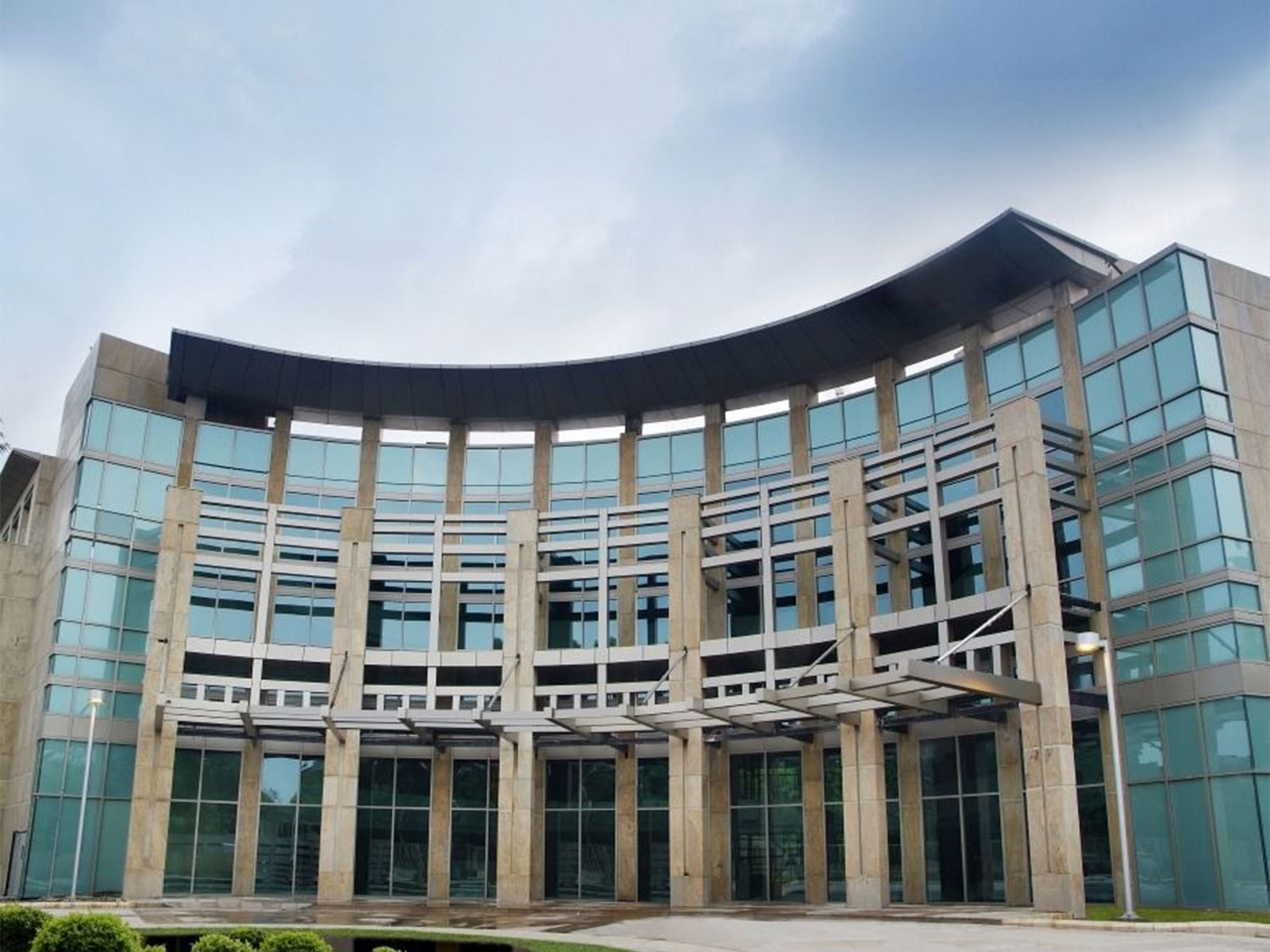
At the Sarrafa Bazar in Meerut, the jewellery hub of the region, Vinod Kumar sits idle at his shop.
The market has not seen much business since 8 November, when Prime Minister Narendra Modi, in a late evening address, decided to demonetise Rs 1,000 and Rs 500 notes. "We have always voted for the BJP. But this time we have been forced to think about whom to vote for," Kumar told this reporter.
Sarrafa Bazar falls in the Meerut constituency, which is represented by BJP heavyweight Laxmikant Bajpai, the former president of the state unit of the BJP. This time, he has stiff opposition from Rafiq Ansari, the Samajwadi Party candidate from the constituency.
Sanjay Agarwal, another trader, tries to explain the dynamics of the constituency.
"It's a polarised election here mostly. Meerut has had a history of riots. That defines the choice of the voters, according to their religious affiliations," he says. "So with Ansari as the only strong Muslim candidate, and several other Hindu candidates including Bajpai, he has a better chance. Hindu votes will get divided," Agarwal points out, adding how the last time Muslim voters got divided, resulting in a win for Bajpai.
"In 2014 (Lok Sabha election), BJP had Modi, which attracted a lot of votes. This time people have realised that he has not done anything for the aam aadmi, although he may have done a great deal of good for the country. They do not have a face to showcase as the next CM here."
Bajpai has a tough task at hand if he is to keep the traders' community, the BJP's core voter base, firmly behind the party.
"Achhe din kiske aaye?" asks Om Prakash, another jeweller, who has just woken up from a nap. "I wouldn't have been sleeping during work hours if there was any business. You have been sitting here for more than half an hour. Did you even see one customer step in the shop and ask for the rates, forget buying?"
Bihari Lal, another jeweller, adds: "This year has been a disaster for the business. First there was more than a month long all-India strike against the excise duty. Now more than three months of business has been taken by this decision to demonetise currency. This is the season of marriages. Every year this is peak business time for us."
The situation in Muzaffarnagar
A similar situation prevails for Kapil Dev Agarwal, the BJP's candidate in Muzaffarnagar, who hails from the Vaishya community. Opposing him from the Samajwadi Party-Congress alliance is SP's Gaurav Swaroop, also a Vaishya.
Muzaffarnagar, too, saw a heavily polarised 2014 general election after the riots in 2013. Meerut and Muzaffarnagar will go to the polls in the first phase on 11 February.
"A section of the upper caste voters, including the traders, are against the BJP after demonetisation," says Somansh Prakash, a businessman from Muzaffarnagar. "This has given Swaroop a clear edge, also because his father has represented this constituency for long."
Deepak Tandon, who sells farm tools, seeds and pesticides in Muzaffarnagar's Sadar Bazar, adss: "Demonetisation has led to anger, especially among the big traders."
Bharat Garg, who is in the hospitality business, says: "There is a fear among traders that if BJP were to win in the state, it may take more drastic moves against the business community, like curbs on jewellery and property."
Garg adds that Swaroop's candidature has divided the traders' community in the city.
Swaroop had lost the last time because the Congress's Salman Saeed had cornered a sizeable number of non-BJP votes. "This time, my vote base is also supporting Swaroop," Saeed told Catch.
Praveen Kashyap, another trader, adds: "In the by-election, the BJP candidate won because the BSP did not contest, and the BJP managed to get even the BSP's votes. This time, the BSP's candidate would dent the BJP."
Amit Shah's cold shoulder
BJP national president Amit Shah was in Meerut last week, where he was to take part in a padyatra and then address the traders in Sarrafa Bazar. "He didn't come inside the lane. He went straight ahead instead, perhaps because some people here were protesting against him," says Bihari Lal.
Lal points to the market square, where he says there were protests against the BJP president. "The president of the local market association had to throw away the flowers he got to welcome him," he adds, pointing out that this could result in half the trading community voting for the SP candidate or looking for other options.
Om Prakash chimes in: "They thought demonetisation would be successful. It has turned out to be a miserable failure. The government should have prepared in advance before announcing the drastic move."
On top of all this, Prakash is also upset with the way no development has happened in Meerut.
Many concur with him. They claim Bajpai never took care of the constituency after he became the BJP state unit president. "Earlier, he would be present whenever there was a problem. Now he doesn't turn up even if you call him," says Munna Lal, another jeweller.
'BJP the only option'
In Muzaffarnagar, later in the day, BJP MP Yogi Adityanath,addressed a gathering at the Town Hall, and spoke about the need not to let western UP become 'another Kashmir'.
"This type of utterances will ensure all the confusion among the Muslims would vanish," Congress's Saeed says.
However, the BJP is banking on the likes of Adityanath to ensure a consolidation of the Hindu vote bank. The fact that most people predict a polarised election may shore up the BJP's chances. OBC communities are supporting the party, and many young voters actually support demonetisation.
"For the general public, good things are difficult to digest," says Ravi Kashyap. "All the lower castes, the Khateeks and the Kashyaps will all vote for the BJP. We do not want our women to be harassed on the roads," he says.
Praveen Kumar Saini, who works at one of the shops, says: "Demonetisation has been successful. It was the bank officials who created problems. The move has wiped off black money."
Vinod Kumar adds: "Each time an SP candidate wins, especially if he is a Muslim, crime goes up. They do not have any regard for the police or the local administration. They threaten the cops openly."
Traders think the BJP is the only party which talks of their interest, and this may keep their votes in the BJP's favour.
"Where is the other option for us?" Kumar asks.
Praveen Kashyap adds: "BJP is the only party which talks of the vyapari varg (traders). BJP is the only option."
Edited by Shreyas Sharma
First published: 9 February 2017, 7:22 IST

_231291_300x172.jpg)
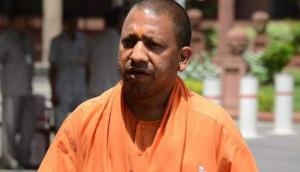
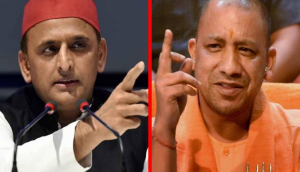
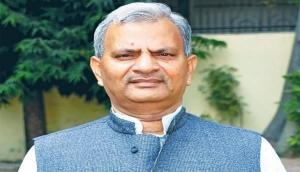
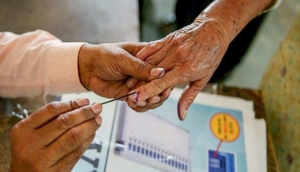
![BJP's Kapil Mishra recreates Shankar Mahadevan’s ‘Breathless’ song to highlight Delhi pollution [WATCH] BJP's Kapil Mishra recreates Shankar Mahadevan’s ‘Breathless’ song to highlight Delhi pollution [WATCH]](https://images.catchnews.com/upload/2022/11/03/kapil-mishra_240884_300x172.png)

![Anupam Kher shares pictures of his toned body on 67th birthday [MUST SEE] Anupam Kher shares pictures of his toned body on 67th birthday [MUST SEE]](https://images.catchnews.com/upload/2022/03/07/Anupam_kher_231145_300x172.jpg)


